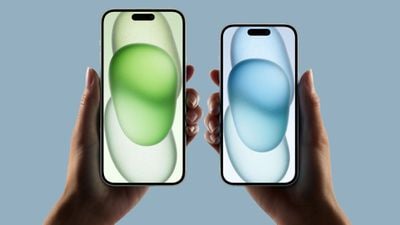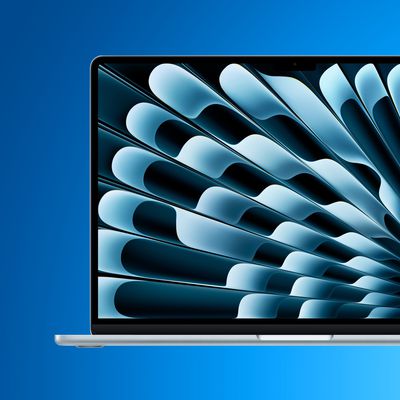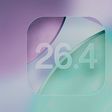Apple etches iPhone displays with small QR codes that let it precisely track the number of defective screens that are thrown out by suppliers, according to a new report from The Information.

One barcode is the size of a grain of sand and can be viewed only with special equipment, while the other is on the inside of the display along the bezel. Apple spent millions of dollars developing the barcode process and installing laser scanning equipment at Lens Technology and Biel Crystal, two manufacturers that make the iPhone's cover glass.
With this system, Apple has a precise count of every piece of glass produced by Lens and Biel, and an exact read on how much material is wasted due to defects. A source that spoke to The Information said that when the barcodes were first implemented, Apple found that as many as three out of 10 pieces of cover glass were thrown away due to manufacturing errors, and with pressure from Apple, the suppliers have been able to cut that down to one in 10. Because Apple pays for production, lowering error rates has saved it hundreds of millions of dollars.
Apple has used the display barcodes to streamline manufacturing since 2020, and the company is able to see which company made the glass and the date it was manufactured for tracking production level and yield rate. Other iPhone components have had small barcodes to trace defects or find the source of leaks for many years, but prior to the display system, barcodes were primarily used for metal parts.
The Information's full report goes into more detail on the barcode, including the complex, multi-step process that Apple uses to get the barcodes onto the displays.


















